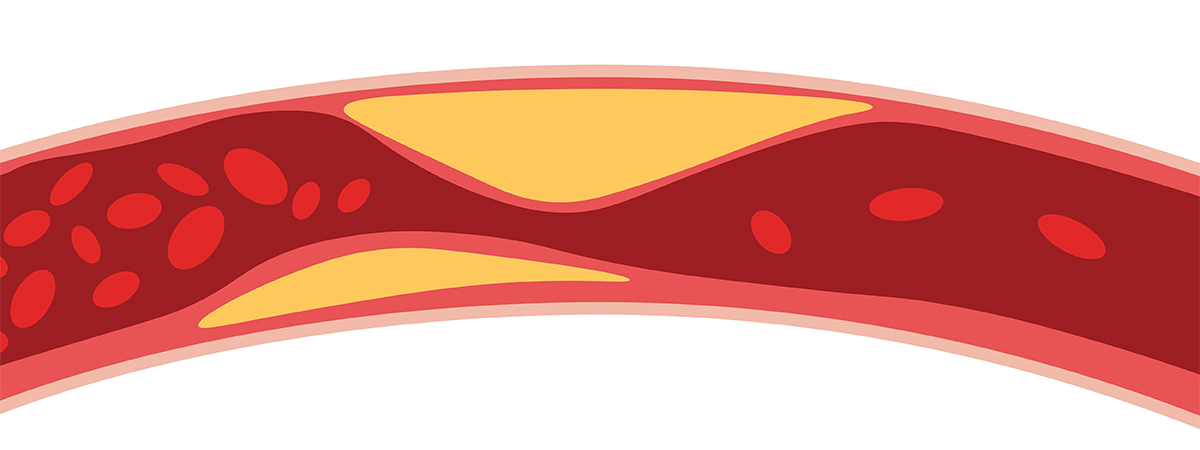



Cardiogram is a great tool for helping to prevent heart disease. By using the Share with Doctor feature, you give yourself and your healthcare practice the upper hand by seeing the bigger picture of your heart health.
When you Create Tags and Apply Symptoms, you’re also able to spot any potential signs of heart disease more easily and quickly.
Also, be sure you’re taking advantage of the Habits section to stick to a lifestyle that will benefit your heart health. If you’re not sure of which area to focus on first, look to your Top Recommendation and SmartMetrics as your guide.
Overall, heart disease is a complex condition, one that’s often misunderstood. However, by increasing our awareness and using tools like Cardiogram, we can create a life that’s more conducive for optimal heart health and reduce the risk of heart disease.
References:
- https://www.who.int/health-topics/cardiovascular-diseases#tab=tab_1
- https://www.cdc.gov/heartdisease/any_age.htm#:~:text=Heart%20disease—and%20the%20conditions,heart%20disease%20earlier%20in%20life.
- https://www.cdc.gov/heartdisease/women.htm#:~:text=Over%2060%20million%20women%20(44,some%20form%20of%20heart%20disease.&text=Heart%20disease%20is%20the%20leading,in%20every%205%20female%20deaths.
- https://www.mayoclinic.org/diseases-conditions/heart-disease/symptoms-causes/syc-20353118#:~:text=Chest%20pain%2C%20chest%20tightness%2C%20chest,those%20body%20areas%20are%20narrowed
- https://www.nhs.uk/conditions/cardiovascular-disease/#:~:text=It%27s%20usually%20associated%20with%20a,%2C%20heart%2C%20kidneys%20and%20eyes.
- https://www.cdc.gov/heartdisease/risk_factors.htm
- https://www.cdc.gov/heartdisease/prevention.htm#:~:text=Get%20regular%20physical%20activity%20to,heart%20disease%20and%20heart%20attack.
- https://www.nhs.uk/conditions/coronary-heart-disease/#:~:text=Coronary%20heart%20disease%20cannot%20be,medicines



